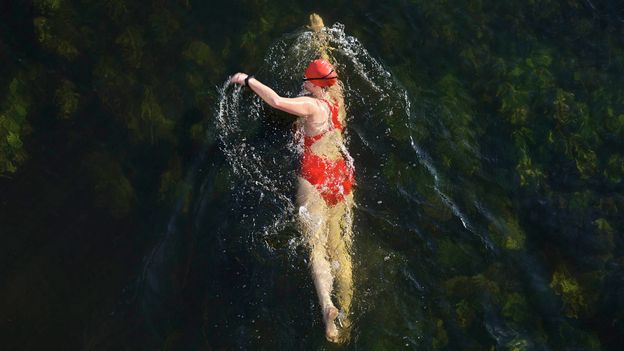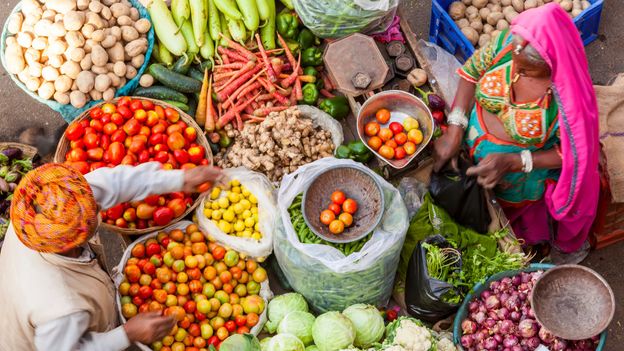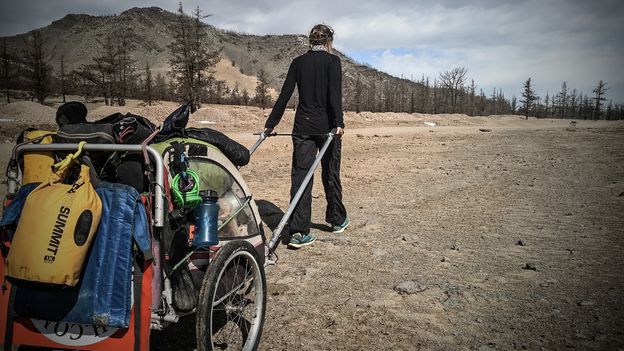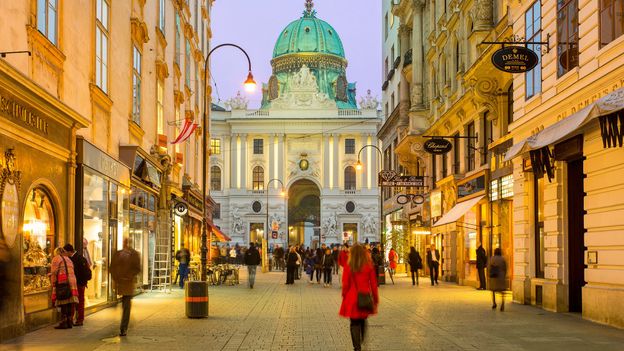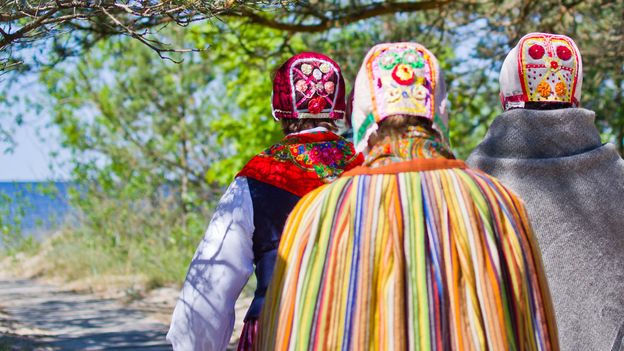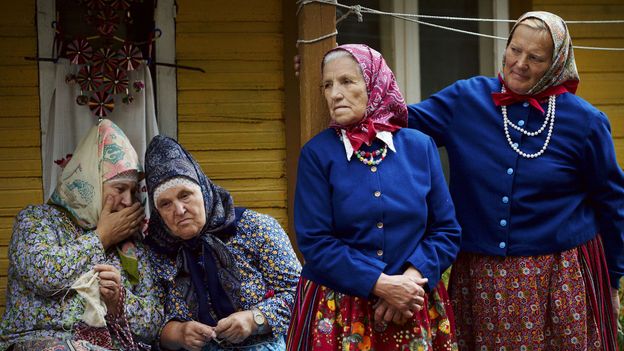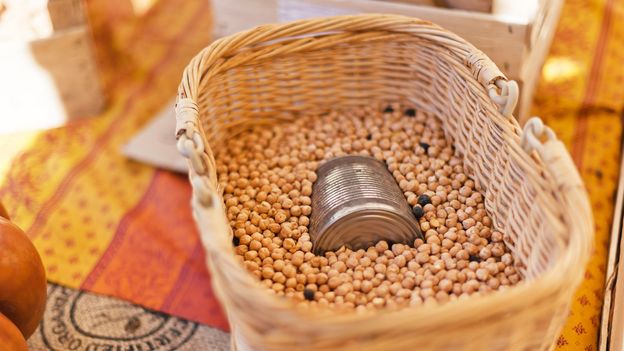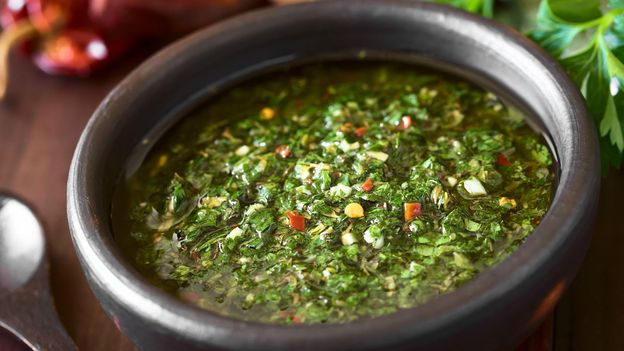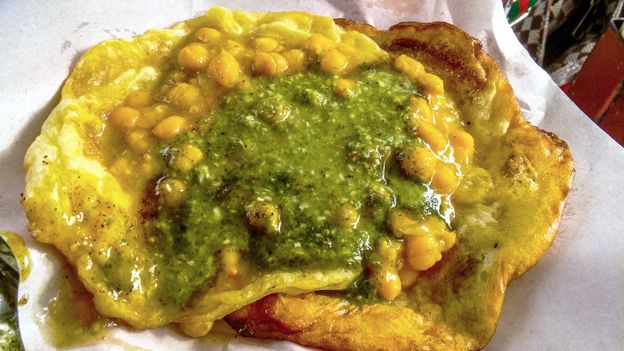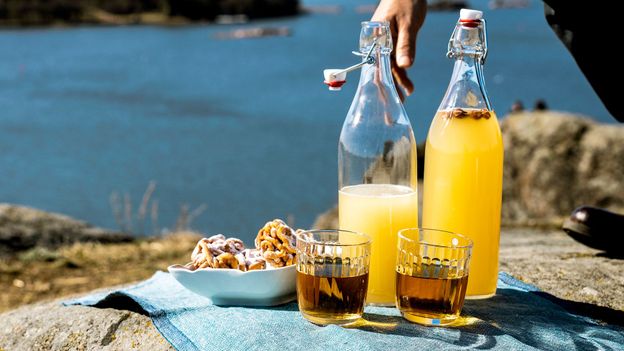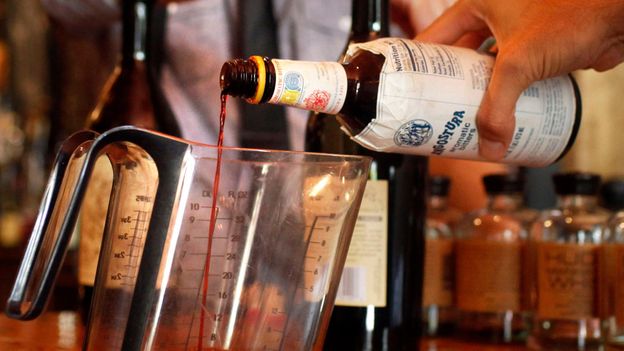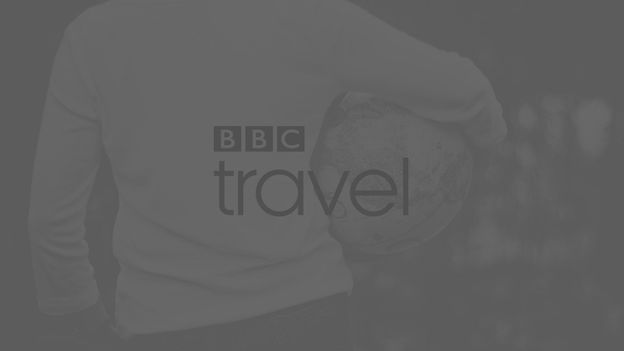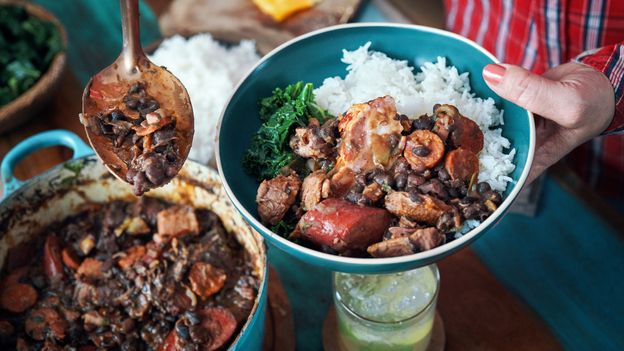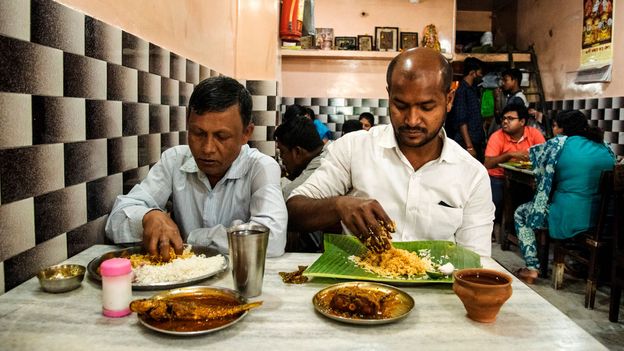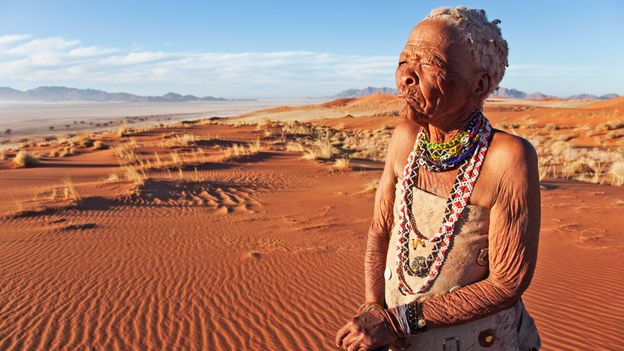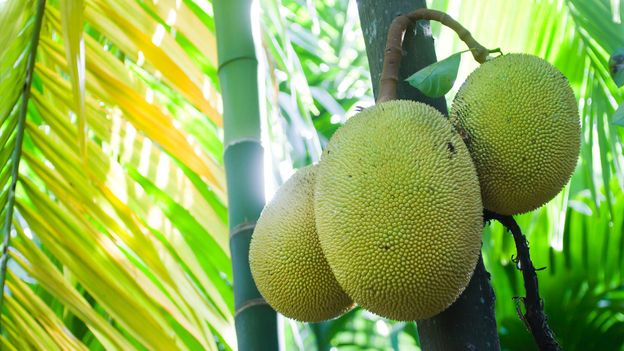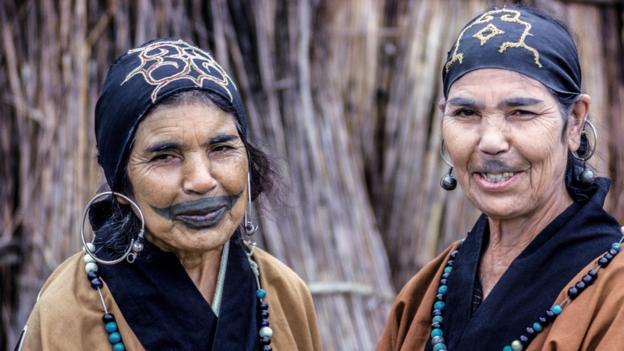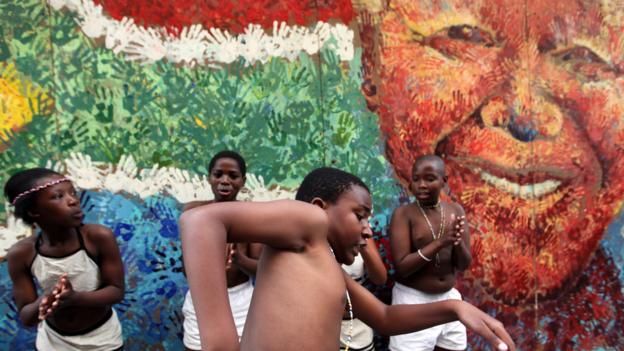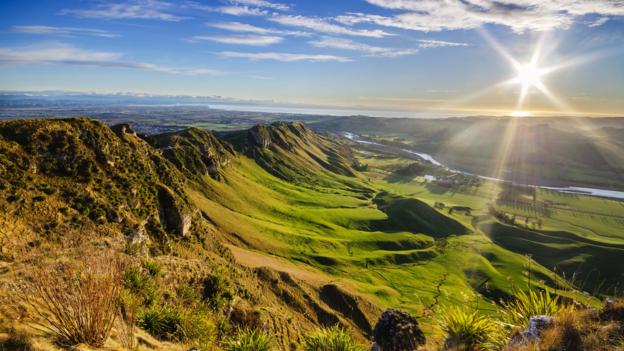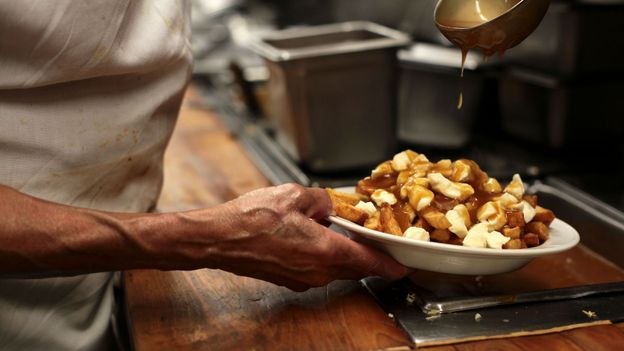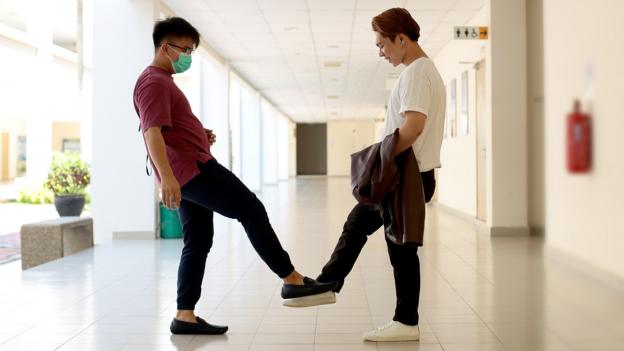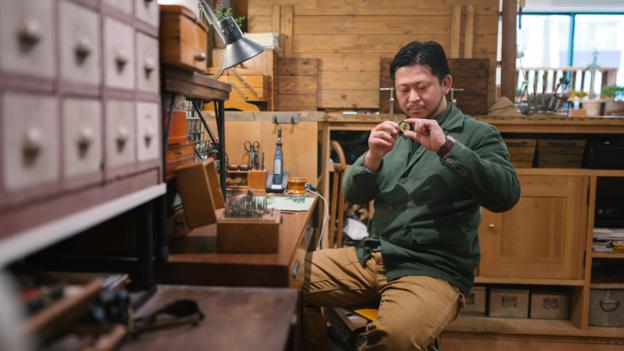Question: What do the following have in common? Rubber ducks. A disco ball. A laptop. Numerous sex toys. A prop zombie hand. A ballpoint pen that turned out to be a family heirloom. A sock stuffed with baggies of cocaine and a weighing scale.
Answer: They were all fished from Amsterdam’s murky-blue canals in the past year.
It sounds perverse, but our main goal is to end our company
If fishing on Amsterdam’s canals is about anything nowadays, it’s about eco-tourism and environmental awareness more than angling. There’s a curious logic to this, but according to Eva de Jong, operations manager at Plastic Whale, the world’s first professional plastic fishing company, there is a huge payoff.
“It sounds perverse, but our main goal is to end our company,” said de Jong, by way of introduction to the peculiar business. “We want to reach a point where there is no more plastic or rubbish left in Amsterdam’s canals for us to fish out. That is our hope.”
Afloat on the Prinsengracht canal, our slightly unlikely fishing boat was puttering south towards the Amsterdam most visitors know. The one with the houseboats and pancake restaurants. The one with the bascule bridges, chained-up bicycles and gabled houses, including the most famous, where teenage diarist Anne Frank and her family hid from the Nazis during World War Two.
But there are two Amsterdams, and I was here to see the other, less appealing one. The one where fishing nets are used to scoop crisp packets out of swirling canals. The one where plastic bottles are extricated from tangled birds’ nests, and beer cans that bob beneath otherwise picturesque bridges are cleared up day after day.
This type of tourism – essentially, tidying up after other visitors and locals – is not for everyone, but the long-term cost to the environment of not doing it is greater. And, in Amsterdam, at least, Plastic Whale is helping to turn the tide.
You may also be interested in:
• The Dutch islands of tomorrow
• The Netherlands’ war against water
• Why are the Dutch so tall?
Started in 2011, Plastic Whale now has a fleet of 11 boats, with a two-vessel franchise operating in Rotterdam. Each electric-powered cruiser is made from recycled material fished from the canals, and each one is an individual work of art, supported by a Dutch sponsor and bedecked with mosaics made from fished-out beer bottle tops.
The soft murmur of the engine sounded as we trawled our nets through the water, collecting the morning’s first haul of litter. What emerged in my overloaded net were cigarette packets, disposable coffee cups and a battered Styrofoam carton. In de Jong’s, there was an entire box’s worth of drowning beer bottles.
“You certainly see Amsterdam from a different perspective this way,” said boat skipper Berend Hilberts, manoeuvring the vessel towards another clogged corner of rubbish. “All this is brand new. And I should know. I cleaned this same spot yesterday.”
Isn’t that demoralising, I asked? “Not at all,” Hilberts replied, matter-of-factly. “We’re flushing out the whole system and over time we’re seeing less rubbish and fewer plastic bottles than when the company began. That’s really motivating, in fact.”
Hard evidence, however, points to a different reality. Globally, a new report by the University of Leeds estimates that 1.3 billion tonnes of plastic is destined for our land and seas by 2040. Even if drastic action is taken to shift human behaviour, the study reports, the likelihood is an extra 710 million tonnes of plastic soup will still drip-feed into our environment over the next 20 years. That’s enough to cover the area of the UK 1.5 times, and a potent environmental catastrophe on an almost unimaginable scale. Such statistics – and there are many more like them – are rightly terrifying.
In real terms today, the size of the problem is easier to fathom. It is estimated that a staggering 10% of all our plastic – as much as 2.41 million tonnes – ends up in our oceans. World Cleanup Day (19 September) and International Coastal Cleanup Day (21 September) help draw fleeting recognition to the issue every year, but the extent of the problem is relentless. You only need to Google such environmental paradoxes as the Great Pacific garbage patch (a vortex of plastic soup in the North Pacific) or the Western Garbage Patch, off the coast of Japan, to see the overwhelming reality of the plastic problem.
None of this is lost on Plastic Whale’s founder and CEO Marius Smit, whose personal tale became a route into the wider story of plastic soup itself. His lightbulb moment came when seeing the scale of the world’s plastic problem first-hand while travelling in South-East Asia. All too often he discovered beaches obscured by bottles.
“I was standing on one particular beach in Indonesian Borneo just after a storm,” he told me, a few days after my plastic fishing trip. “The entire beach was engulfed by plastic waste. So much so that you couldn’t see the sand. It shocked me to my core.”
Now an anti-plastic crusader, Smit returned to Amsterdam, vowing to do something about the problem in his own backyard. Fishing in the celebrated canals has been part of the city’s fabric for centuries, with locals staking out spots on the IJ river and North Sea Canal with lures and lines to haul in the likes of zander, bream and perch. Smit, a fearless sort with a background in marketing, saw something in this legacy.
I need to make something of this, to make the impossible possible
“I looked for inspiration and I was struck by JFK’s historic speech in 1961 about sending a man on the Moon,” he said. “At the time, I remember saying to myself, ‘I need to make something of this, to make the impossible possible’.”
Soon after, Smit came to this conclusion: he needed to manufacture a vessel from recycled waste from Amsterdam’s canals, and he’d be well on his way. He’d never driven a boat, let alone built one, but was convinced that that was what he had to do. “Once the idea floated,” he added, “there was no going back.”
That first year was a minor triumph, acting as a clarion call to friends and locals. And his plastic fishing concept has grown every year since. Last year, Plastic Whale fished more than 40,500 plastic bottles out of Amsterdam’s canals, with more than 18,000 tourists helping out. To the extent, in fact, that it is now less an eccentric pilgrimage and more a badge of honour.
Part of the success has been down to how the company is helping educate government stakeholders and businesses on a wider scale that waste has palpable economic value. Starbucks, in fact, was one of the first companies to go fishing with Smit and co, and events have since been run in London, Frankfurt, Hamburg and Ghent to test the concept in international waters.
Certainly, the plastic soup pulled from the water doesn’t give a sense of the products that can be manufactured from the recycled polyethylene terephthalate, or PET. Once taken to a processing factory, it can be refined into valuable PET spin-offs and all kinds of creative possibilities: currently, flakes, granules, fibres and felt are innovatively repurposed as sharply designed seats, tables, boardroom desks and barnacle-shaped light fixtures. It is old, unwanted junk that feels very new.
Beyond cleaning-up the Netherlands, Plastic Whale has other ambitious goals. The next project – to launch in October – is tackling plastic soup in Ghana, a place Smit fixed on after seeing a heart-stirring photo of a beach swamped by rubbish. The proposal? To roll out seven waste management centres to treat the problem right at the source.
“Ultimately, we’re a social enterprise with a mission and we need to keep educating people that plastic waste has economic value,” Smit concluded. “First it was the Netherlands, now it’s Ghana. And who knows where’ll be next. Only then can we change people’s relationship with plastic.”
In Smit’s world, fishermen – and dreamers – are always welcome.
The World of Tomorrow is a BBC Travel series that visits ingenious communities around the world that are adapting to environmental change or who are finding new ways to live sustainably.
Join more than three million BBC Travel fans by liking us on Facebook, or follow us on Twitter and Instagram.
If you liked this story, sign up for the weekly bbc.com features newsletter called “The Essential List”. A handpicked selection of stories from BBC Future, Culture, Worklife and Travel, delivered to your inbox every Friday.

